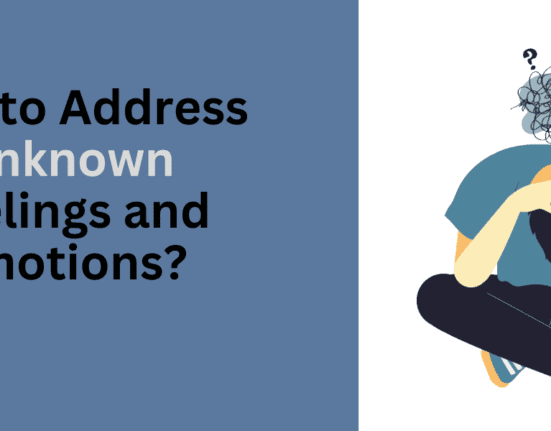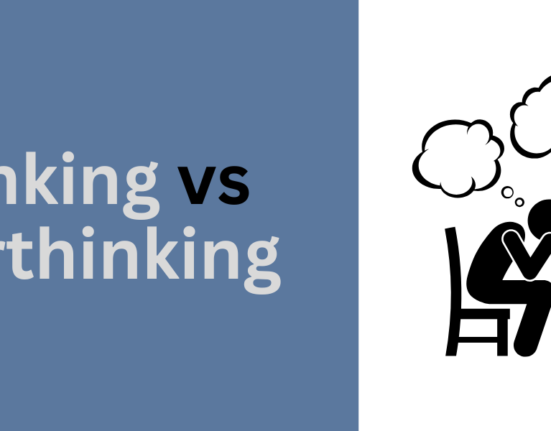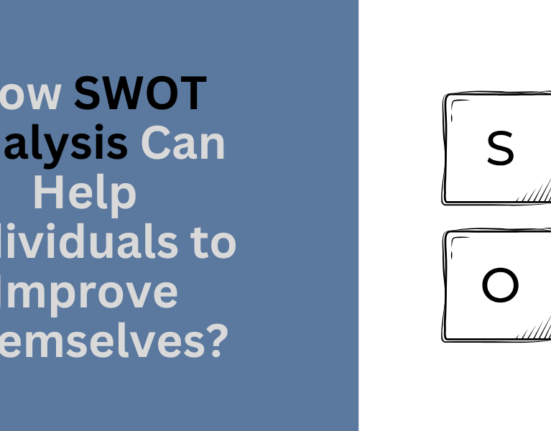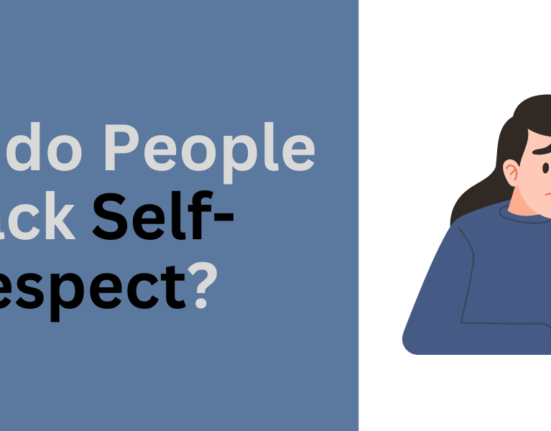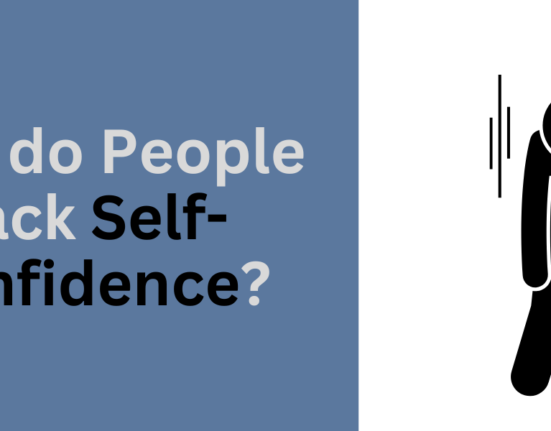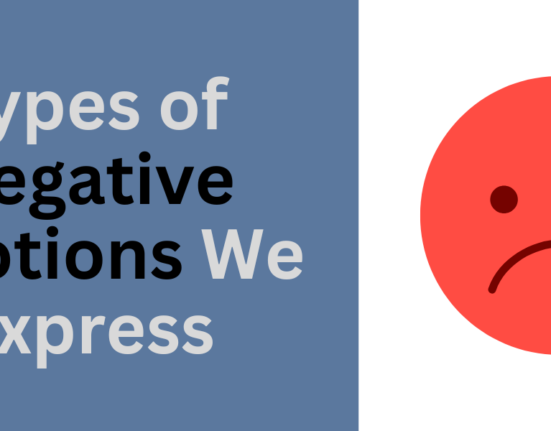You may have heard of different types of intelligence, such as IQ, EQ, SQ, CQ, AQ, and others. But, out of them, EQ is the most important one that may help in an individual growth which stands for “Emotional Quotient”. As we grow up, there are numerous challenges we face in life, including education, job, work pressure, criticism, loss, grief, maintaining relationships, and many others as problems are countless. Many people handle these challenges with ease while many don’t. The only difference, one is emotionally intelligent, well-aware, and well-prepared for the challenges while the other is not. An emotionally intelligent person understands life well, is very much aware of what life can throw at them, and prepares themselves beforehand to tackle any problems that are coming their way.
Let us understand the meaning of emotional intelligence and its components.
What is Emotional Intelligence?
Emotional Intelligence refers to one’s ability to understand and manage own emotions, as well as the emotions of others. There are different components of it, such as Self-awareness, social awareness, empathy, self-control, motivation, and others. We will discuss this in detail in this blog.
Self-Awareness
It refers to being aware of yourself, which means having a greater understanding of your mind, body, thoughts, feelings, surroundings, and behaviors. Let’s understand through some points:
- You should know your strengths and weaknesses, your interests, what you want to achieve in your life, what things you need to improve, and what you should learn for your goal.
- If you are working in a company, then you need to know how to behave with your colleagues & seniors. How to behave on your desk? What things need to improve that’ll contribute to your & company’s success?
- You need to know your nature, behavior & attitude. How do others perceive you and how do you have to deal with them? What things do you need to improve?
- You need to be aware of life’s problems & difficulties and how to deal with them. You need to be calculative about what’s happening in your life and what steps are required to solve those things.
Social Awareness
It refers to being aware of people’s emotions, their behaviors, social relationships, and dealing with them in daily life.
- You need to understand human psychology what people like and what they don’t. It’ll help you to build a better relationship with your friends, office colleagues & other people you meet in your life. You’ll understand better how they are interacting with you and how you have to respond to them.
- You need to understand people’s emotions as we humans are emotional, and many go through different emotional phases throughout their lives. If you understand this, it will help you understand them which will result in a good bond. For eg, you’ll need to show empathy and help them if your friends/colleagues are going through tough situations.
- If you are working in an organization, you have to learn to work in a team. You also have to understand the office politics and how to deal with them.
- If you manage clients or customers, learn the skills of how you can win over them.
Self-control
It refers to being able to control your emotions, both positive and negative ones.
- We humans are emotional and we go through different types of emotions every day, both positive and negative. We need to understand our emotions and have control over them. When we are excited, we can say anything, and promise anything that we need to control. When we are sad or angry, we also say and do things we don’t wish to.
- If we don’t control our emotions, we can commit mistakes we didn’t want to. We make mistakes unconsciously and as a result, we have to pay the price sometimes that is hard to recover.
Positive Mindset
- Unless you’re positive, nothing positive is going to happen in your life so you need to have a positive mindset always. Whether you’re a businessman, leader, or an employee working in an organization, positivity is necessary to achieve success. It not only helps you grow but it motivates your team members or colleagues as well.
Empathy
- It refers to having the ability to understand people’s emotions and feelings they are going through.
- Having this quality will help you understand your closed/loved ones, which as a result, will help you maintain a good relationship with them.
Motivation
- It refers to having the ability to self-motivate yourself even during tough times which may help you get over the problems.
- We often go through different pressure situations, from mild to tougher ones; we may feel broken sometimes but having the quality of bouncing back will keep us unfazed in such situations and handle those problems with ease.
Takeaways
If an individual is emotionally intelligent, he’ll be able to handle life problems easily, can manage relationships better, can manage stress better, will be happy, will be successful, and will live life to the fullest.
If an individual works in a company, he can manage the workload well, handle team members well, spread positivity, and maintain a productive environment.



